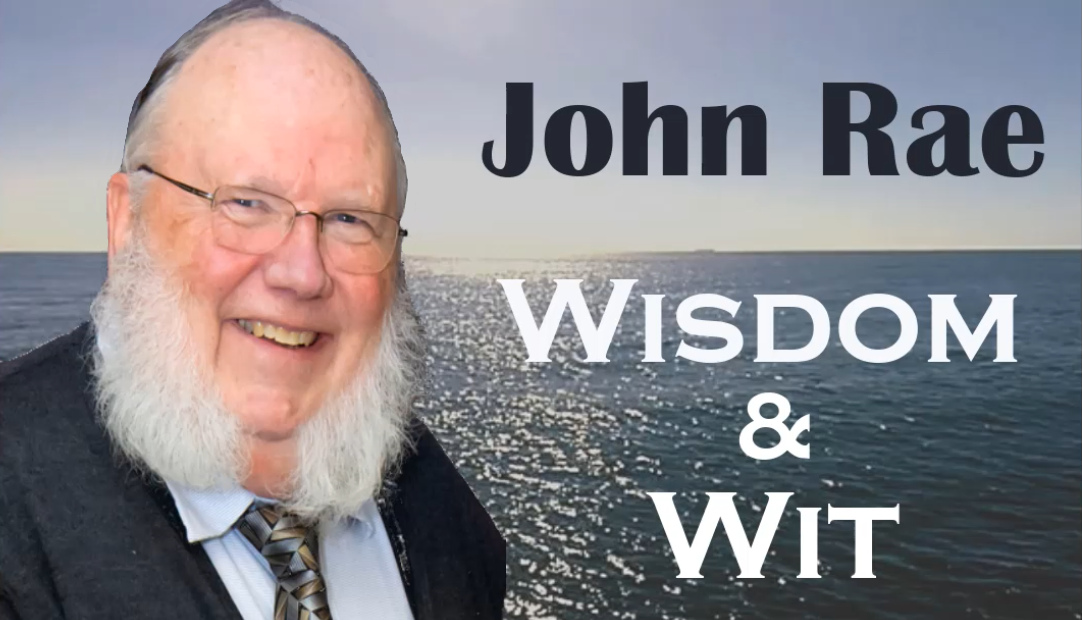We may be living in a post-Christian culture but it's not a post-religious one. There are a few ‘godless’ religions plying their trade, in our midst, and the newest kid on the block is the religion of ‘Wokeism’. Wokeism is the child of 1970’s post-modern philosophy and its mission is to awaken people to, and pigeonhole them with, what it defines, as their social and digital sins. If the teachers of ‘Woke’ tar you with one or more of the ‘isms’ or ‘phobias’, from their list of unpardonable sins, your reward is your ongoing social suffering and shame. It is a religion with no mercy and with no possibility of forgiveness. Jesus has something to say about people who are in the burdening business. “You teachers [of Wokeism] are also in for trouble! You load people down with heavy burdens, but you won't lift a finger to help them carry the loads.” Luke 11:46.
“For God did not send his Son into the world to condemn the world, but in order that the world might be saved through him.”, John 3:17. What does true ‘awakening’ look like, as opposed to the counterfeit ‘woke’ version being circulated around today?
If you are submerged in a deep, deep sleep and there is some clear and present danger, say a fire, you cannot awaken yourself. You need someone or something, for example, a smoke detector, to awaken you. Christ is our heavenly smoke detector. “Awake, you who sleep, Arise from the dead, And Christ will give you light.”, Ephesians 5:14. What does Christ use to wake us up? Grace. There are different types of God’s grace: the grace of wisdom, the grace of action, the grace of discernment and the grace of awakening. It is the sound of awakening grace that Christ uses to call us to wake up from our sleep of actual sin.
Even though someone wakes you, it is still up to you to cooperate with that awakening and actually get out of bed. Rolling over and going back to sleep is such a temptation!
Jesus gives us the parable of the Prodigal Son as an illustration of grace in action. In the story, as far as his younger son is concerned, his father is dead. The son had demanded his share of the family inheritance and then left for a land far away. As the story unfolds the death wish, for his father, boomerangs back on him and he finds himself starving to death, in a pig pen somewhere. Something happens and he is awoken from his sleep of arrogance and rebellion. The text says, “he came to himself”, and then he says, to himself, “I will arise and go”. By an act of his will, he decides to get out of bed and then follow through on that decision, “he arose, and went to his father and said, I have sinned”. This awakening process, in modern ‘woke’ language, has ‘deconstructed’ his pride and he sees his situation in a new light. He is undergoing an examination of conscience. He then goes and confesses his sins to his Father who forgives him and puts on him the best robe, as sign of his absolution. The feast table is then set for him, a precursor to the Holy Eucharist. The trajectory of the story of the Prodigal Son has tethers of continuity to our lives. Our ongoing need for awakening, confession, absolution, and spiritual nourishment.
In a church that I attended, for 25 years, ‘sin’ was the word that was not to be spoken. Talk of sin was deemed to be psychologically insensitive. In the scheme of things, secular ‘Wokeism’ now comes along with its 24-7 emphasis on social sins, with no possibility of forgiveness, which is physiologically intolerable. Can the grace of God use counterfeit wokeness to whet our appetite for real wokeness? In Numbers chapter 22, God uses Balaam’s ass (his donkey) to awaken Balaam to the real presence of the Angel of the Lord. If God can use Balaam’s ass for His purposes, perhaps He can use ‘Wokeism’.
Authors
-
John Rae
-
Mark Pilon





